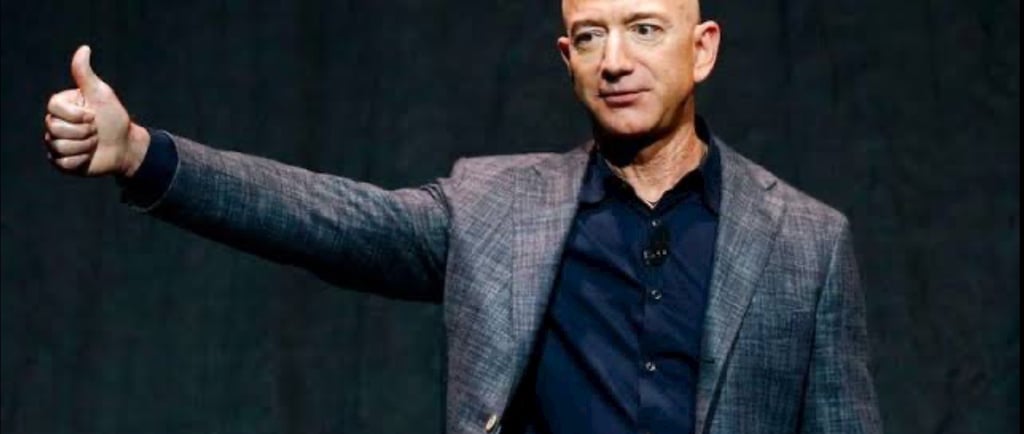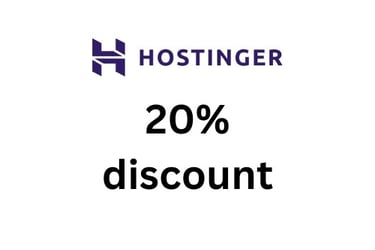Click on link
Jeff Bezos and The Washington Post Endorsements
Explore the relationship between Jeff Bezos and The Washington Post, including insights on endorsements, ownership, and influential figures like Robert Kagan. Discover how Bezos shapes the editorial direction of Wapo and its impact on politics.
TRENDY NEWS
10/26/20245 min read


A Brief History of The Washington Post
The Washington Post, founded in 1877, began as a small local newspaper characterized by its commitment to journalistic integrity and public service. Over the years, it has undergone significant evolution, emerging as one of the foremost newspapers in the United States. Its early years were marked by local coverage, but by the mid-20th century, The Washington Post gained national prominence, particularly for its investigative reporting.
One of the key milestones in the newspaper's history came during the Watergate scandal in the early 1970s. The investigative efforts led by journalists Bob Woodward and Carl Bernstein played a pivotal role in uncovering the complexities of the scandal, which ultimately contributed to President Richard Nixon's resignation. This period solidified The Washington Post's reputation as a crucial player in American journalism, demonstrating the power of the press in holding government accountable.
The ownership of The Washington Post has also been marked by significant changes. In 1989, it was acquired by the Graham family, who guided the paper through a transformative era characterized by technological advancements and increased competition from digital media. However, the most notable change occurred in 2013 when Jeff Bezos, the founder of Amazon, purchased the newspaper for $250 million. This acquisition signified a new chapter for The Washington Post, as Bezos emphasized the importance of innovation and adaptation in the digital age, ensuring the paper's continued relevance.
Throughout its history, The Washington Post has remained steadfast in its journalistic mission to inform the public and serve democracy. Its commitment to unbiased reporting and thorough fact-checking has solidified its role as a leading source of news and analysis, shaping public discourse and influencing policy decisions nationwide. As the landscape of journalism continues to evolve, The Washington Post stands as a testament to the enduring importance of a free and independent press.
Jeff Bezos and His Influence on The Washington Post
Jeff Bezos, the founder of Amazon, acquired The Washington Post in October 2013 for $250 million. His takeover marked a significant shift in the landscape of American journalism, particularly as it related to the influence of technology in media. Under Bezos's ownership, The Washington Post experienced a substantial transformation, driven by his vision of integrating digital innovation and data analytics into traditional journalism. This approach resulted in improved website traffic and engagement, which is critical in an era dominated by online consumption of news.
One of the key facets of Bezos's leadership is his emphasis on journalistic integrity and independence. While there are ongoing discussions about his potential influence on the editorial direction of the paper, Bezos has established policies that maintain a clear boundary between ownership and editorial decisions. This separation is designed to ensure that the journalists at The Washington Post can operate without undue pressure from the owner regarding the content they produce. However, critics often question whether billionaire ownership can ever be entirely neutral, especially in an industry already grappling with issues of bias and trust.
Beneath the surface, several editorial decisions made during Bezos's tenure have sparked debate about the balance between business interests and journalistic integrity. For instance, the paper's coverage of technology and politics has been scrutinized, given Bezos's status as a prominent figure in the tech world. Some analysts argue that this relationship complicates the conflict of interest narrative, raising questions about the objectivity of certain reporting. Nevertheless, supporters of the current model assert that The Washington Post has thrived under Bezos's ownership, bolstering its reputation as a leading source of reputable news and analysis.
In essence, Jeff Bezos's influence over The Washington Post has ushered in a new era of journalism that intertwines modern technology with journalistic values, continuing to shape the influence and relevance of the publication in today's media landscape.
The Washington Post's Endorsements and Political Stance
The Washington Post has a long-standing history of political endorsements that stretches back to its inception. These endorsements, particularly during presidential elections, are significant as they reflect the editorial board's perspective on candidates and their alignment with the newspaper's values. The Post, recognized for its journalistic integrity, often navigates a complex political landscape, ensuring its endorsements resonate with its readership while upholding its commitment to informed electoral participation.
Historically, The Washington Post's endorsements have leaned towards Democratic candidates, though it has occasionally backed Republicans. The editorial board typically assesses candidates based on various criteria, including their policies, leadership qualities, and vision for the country. This analytical approach allows the publication to provide thoughtful endorsements that contribute to the broader political discourse. Examples of notable endorsements include its support for candidates such as Barack Obama in 2008 and Hillary Clinton in 2016, both of which sparked extensive public discussion and debate.
However, The Washington Post's endorsement decisions have not been free from criticism. Some readers argue that the paper's political biases filter into their selections, questioning the objectivity of the editorial board. In instances where The Washington Post has opted not to endorse a candidate, such as in the 2020 election, critics interpreted this as a sign of the board's disapproval of the available choices, raising questions about its perceived political alignment. By refraining from endorsing, The Washington Post maintains its role as a watchdog, emphasizing the importance of critical engagement with all political candidates rather than endorsing for the sake of alignment.
Overall, The Washington Post's endorsements serve as a reflection of its editorial philosophy while fostering an environment where voters can better understand the implications of their electoral choices in the context of broader societal issues.
The Future of The Washington Post in the Digital Age
As The Washington Post navigates the complexities of the digital age, it faces both significant challenges and unique opportunities. The rapid evolution of technology and the increasing prevalence of social media have reshaped the way news is consumed. Traditional print journalism must now coexist with a growing digital landscape where instant access to information is paramount. As a result, The Washington Post is continually adapting its strategies to engage a diverse readership while maintaining its journalistic integrity and credibility.
One adaptation strategy involves the enhancement of its digital offerings. The Washington Post has invested in an advanced online platform, aiming not only to provide news articles but also to create an immersive experience for readers. This includes multimedia content, such as videos and interactive graphics, as well as a focus on data-driven journalism. Such innovations are designed to capture the attention of younger audiences who are increasingly drawn to visual storytelling and quick, digestible content.
Additionally, affiliations with influential entities, such as Blue Origin, have raised questions about their impact on the newspaper’s independence. The ownership by Jeff Bezos has been scrutinized, particularly regarding potential biases in reporting on technology and space-related stories. Nevertheless, this relationship could also offer invaluable resources and insights that enhance The Washington Post’s reporting and investigative capabilities.
Moreover, competition with other major news outlets continues to intensify. To differentiate itself, The Washington Post must leverage its reputation for robust investigative journalism and comprehensive political reporting. By focusing on these strengths, the newspaper can remain relevant amidst the shifting landscape of public discourse. The goal will ultimately be to ensure that The Washington Post continues to fulfill its essential role as a reliable source of information and a platform for promoting informed dialogue in society.
Inspiring
Explore soul-driven content on travel, tech, news, books.
Insightful
Soulful
1234567890
© 2024. All rights reserved.


